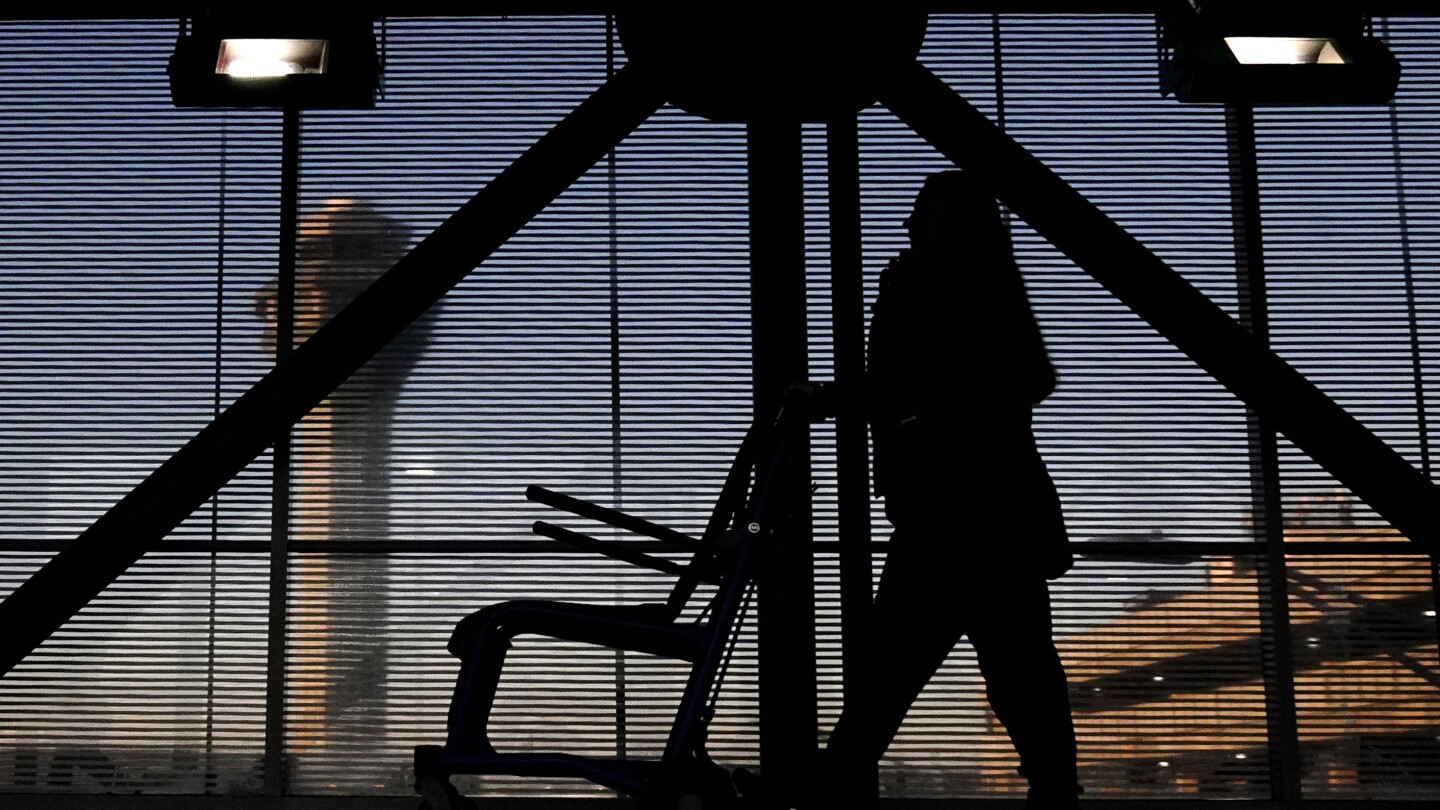The Biden administration has proposed making it easier for the government to fine airlines for damaging or leaving behind wheelchairs, which would automatically be a violation of federal law on air travel accessibility.
The U.S. Department of Transportation also on Thursday called on airlines to provide annual training to employees who handle wheelchairs and passengers with disabilities.
Damage to wheelchairs and scooters during air travel is a big problem: Airlines mishandled 11,527 wheelchairs and scooters last year, a slight increase from 2022, according to the Department of Transportation.
The administration announced the proposed rule at a White House event that was also attended by disability advocacy groups.
The proposed rules will be open to public comment for 60 days, but it’s unclear when or if the proposal will be finalized; Transportation Secretary Pete Buttigieg did not provide a timeline during a press conference.
The proposal would make it easier for the Transportation Department to fine airlines up to about $125,000 if they damage wheelchairs or delay returning them to passengers at the end of a flight.
The proposal would give passengers the right to request repairs or replacements for damaged wheelchairs from a supplier of their choice, a cost that airlines are already required to cover.
Buttigieg called the proposal the biggest expansion of rights for wheelchair users since 2008, and said airlines needed stronger financial incentives to treat passengers with disabilities with dignity.
The high number of damaged wheelchairs “reflects a culture of treating this as just part of doing business,” he said. “There would be a risk that if something were to happen to a wheelchair, it would be a shame.”
Airlines for America, a trade group representing major U.S. airlines, said airlines are working with the government and disability groups to reduce barriers to flying, and that since signing the pledge in October 2022, member airlines have increased employee training and established passenger accessibility advisory groups to help develop accessibility improvements.
“U.S. airlines are committed to providing a high level of customer service and a comfortable, safe flying experience for passengers with disabilities,” said Hannah Walden, a spokeswoman for the group.
The airline groups did not comment on the administration’s specific proposals.
The Muscular Dystrophy Association, one of several disability rights groups that have called for improved treatment of passengers with disabilities, praised the proposal. Paul Mehlmeyer, the association’s vice president for public policy, highlighted provisions such as training for airline employees, raising standards for in-flight wheelchairs that passengers can use to get to the bathroom, and requiring passengers to place their personal wheelchairs as close as possible to the aircraft door when disembarking.
Melmeyer also supported the possibility of heavy fines for mishandling wheelchairs.
“We work with the airlines. They’re not trying to break wheelchairs, but we would like to see airlines be more motivated to reduce the breaking and mistreatment of wheelchairs that are in our community,” he said. “If increasing fines or more frequent fines by the Department of Transportation will achieve that goal, we’re in support of that.”
Buttigieg acknowledged that his proposal would fall short of disability advocates’ ultimate goal of allowing passengers with disabilities to remain in their wheelchairs throughout the flight, but that would require modifications to aircraft cabins.
“Realistically, it’s going to take years,” he said.

